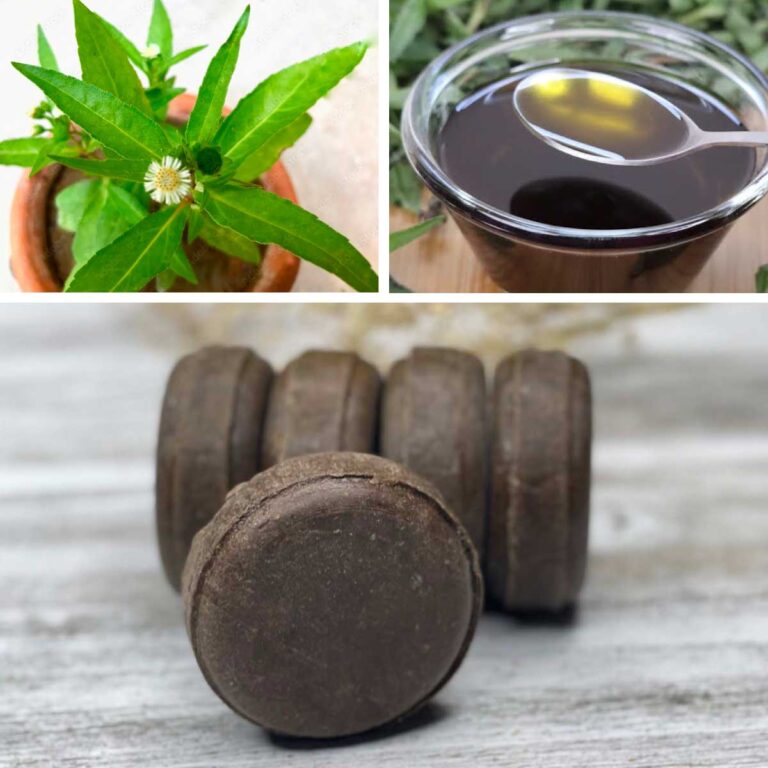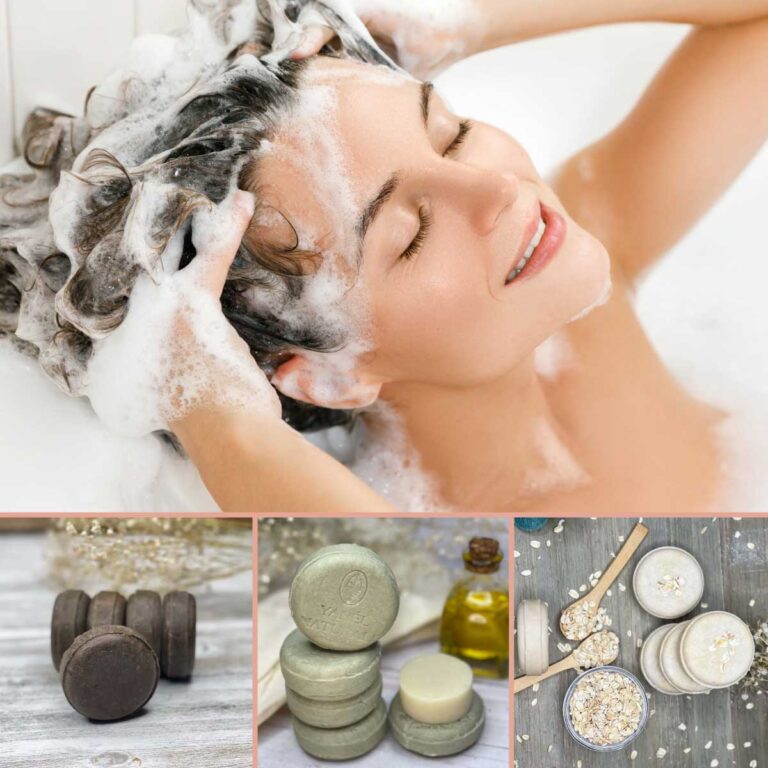Healthy benefits of Aloe Vera for your Skin
What is Aloe Vera and what makes it so unique?
Did you know that the wonder plant you commonly use to decorate your interiors, has myriad benefits for your hair and skin too? Besides its healing properties, aloe vera offers several beauty-boosting properties for your skin.
When you slice open an Aloe Vera leaf, you come across a clear gel-like substance. This gel is known to play a very significant role in hair moisturizing. Another interesting fact about the gel is that it’s actually made up of 99% water.
Given that people have been using this plant therapeutically for over 5 millennia, the list of benefits it packs is significantly long.
However, in this particular article, we are going to focus on some of its uses in skin care. We’ll help you see the importance of incorporating Aloe Vera products in your skin care regimen.
Benefits of Aloe Vera for your Skin
Aside from being a staple in your mother’s medicine cabinet for sunburned skin, aloe vera has been used by different civilizations for centuries for a range of skin care, health, and medicinal purposes.
A cactus plant that naturally grows in arid climates, the succulent-like leaves of the aloe plant house a clear gel that’s home to more than 75 (and perhaps up to 200) different active compounds, including vitamins, minerals, sugars, enzymes, salicylic acids, and amino acids.
It helps fade dark spots
Dark spots on the skin, also known as hyperpigmentation, can leave their mark for a variety of reasons. Whether from sun exposure, acne, or just the normal aging process, all dark spots typically have one thing in common:
They’re stubborn. However, a compound called aloesin, found in the aloe vera plant, could help lighten things up.
It moisturizes skin
Aloe vera’s moisturizing properties are twofold. The leaf of the aloe vera plant is rich in water, particularly in the innermost layer, so it helps to hydrate the skin and lock in moisture.
Mucopolysaccharides, as found in the aloe plant, help retain moisture in the skin. When applied topically, aloe vera has been shown to increase the water content of the outermost layer of skin (called the stratum corneum), making it an ideal ingredient for dry skin types.
It can help clear up acne
Aloe’s antimicrobial properties may help acne-prone skin. In addition to its antimicrobial and anti-inflammatory properties, aloe vera is also a natural source of salicylic acids, which can also help with breakouts such as blackheads and whiteheads (It should not take the place of your traditional acne medications but can be used alongside them).
It may help fade stretch marks
According to some research, the topical application of aloe vera has been shown to be effective in lessening the appearance and preventing the spread of stretch marks.
Although the exact mechanism is still unknown, aloe’s ability to help fade stretch marks is likely in part due to its skin-restoring and anti-inflammatory properties (promoting the production of hyaluronic acid, collagen, and elastin).





